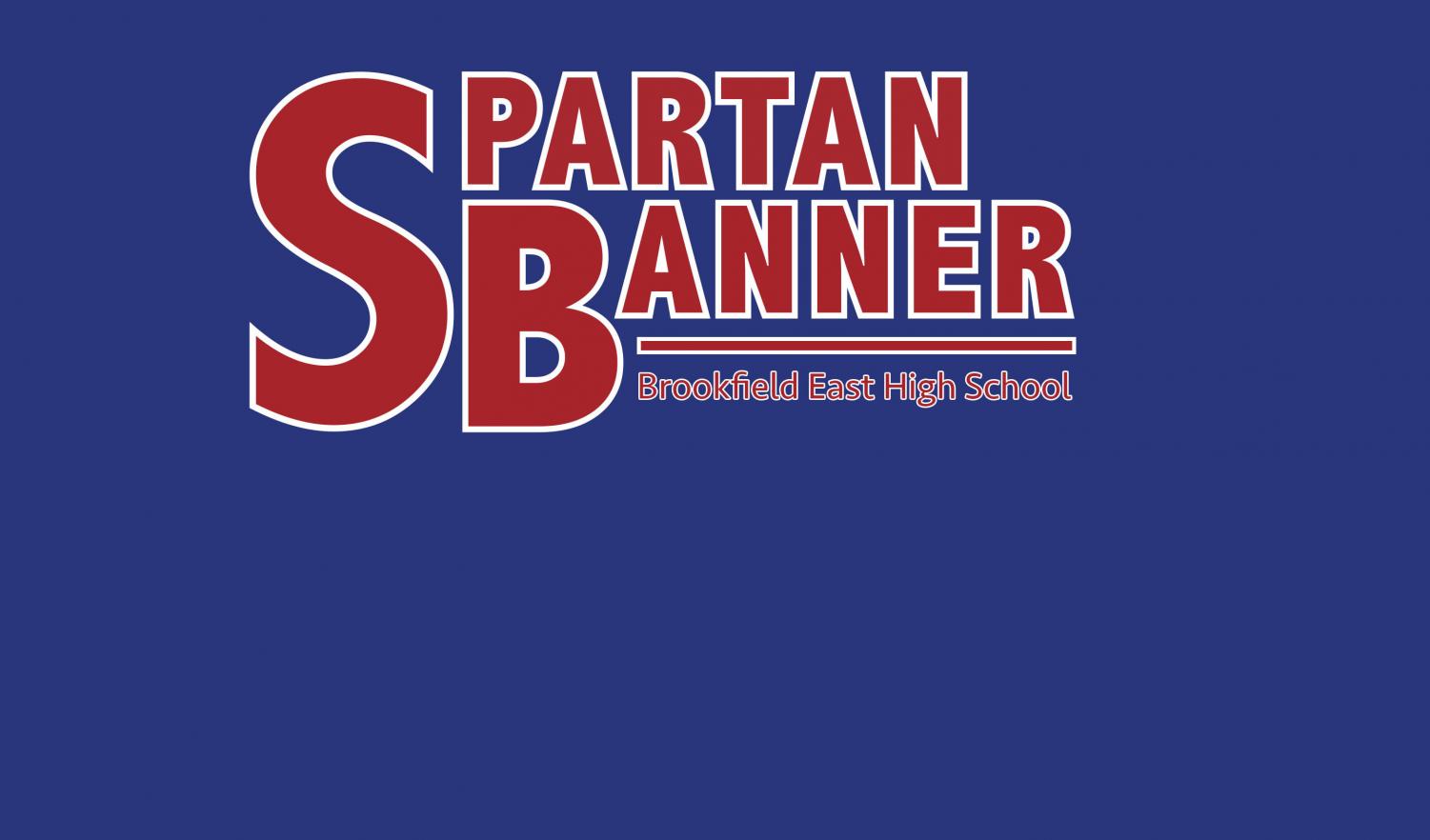College Collusion: The Changing World of College Applications
March 9, 2022
170,000 students have been deprived of financial aid by sixteen of the top colleges in the US. These colleges are being sued for conspiring to not give students as much financial aid, violating antitrust laws and hurting underprivileged students. The schools being sued include Brown, the California Institute of Technology, the University of Chicago, Columbia, Cornell, Dartmouth, Duke, Emory, Georgetown, MIT, Northwestern, Notre Dame, the University of Pennsylvania, Rice, Vanderbilt and Yale.
In the official complaint, the schools are being accused of “participating in a price-fixing cartel that is designed to reduce or eliminate financial aid as a locus of competition, and that in fact has artificially inflated the net price of attendance for students receiving financial aid.”
Legally, they are allowed to cooperate with other schools over the formulas they use to determine how much financial age to give to students. The problem begins when they stop being need blind and start considering an applicant’s ability to pay. “Under a true need-blind admissions system, all students would be admitted without regard to the financial circumstances of the student or student’s family,” the lawsuit says.
However, the schools in question have allegedly found ways to work around this requirement, by maintaining admissions policies that give a leg up to the children of donors and considering a students’ ability to pay when admitting them off the waiting list. Given the limited number of spots, granting admission to rich donors takes away from students who need financial aid. According to the lawsuit, “Privileging the wealthy and disadvantaged the financially needy are inextricably linked. They are two sides of the same coin.”
Courts are also hearing two cases regarding admissions, specifically regarding race. The cases in question, both filed by the advocacy group Students for Fair Admission allege that Harvard and the University of North Carolina, have both discriminated against white and Asian students, violating the constitution. Although the court has previously decided in favor of affirmative action, in Regents of the University of California v. Bakke, upheld in Grutter v. Bollinger and Fisher v. University of Texas, many of the justices in those cases are no longer on the court. Given the 6-3 conservative majority of the court, it is within the realm of possibility that the courts overturn these previous cases and put an end to or seriously limit affirmative action.
These cases have the potential to change how college admissions and financial aid are handled. However, lawsuits take a very long time to get adjudicated on, and these colleges are hiring their own lawyers too, meaning it will be several years before any significant changes get made.


